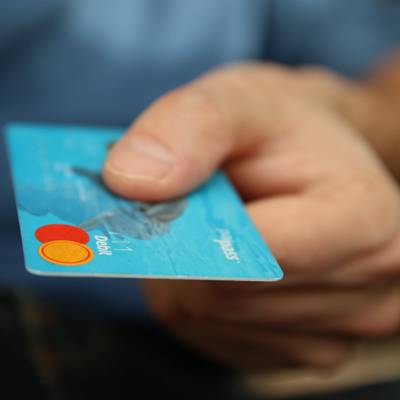
Can I use a debit or a credit card?
Italy, renowned for its rich history, breath-taking landscapes and finger-licking food, is consistently topping the list of the world's most visited countries. As a visitor, an essential part of your travel preparation involves understanding the financial aspects of your trip. If you've ever wondered, "Can I use a debit or a credit card in Italy?", stay tuned. In this travel guide, we'll answer this question in detail, along with other pertinent queries related to financial transactions in Italy.
General Acceptance of Debit and Credit Cards
Yes, you can use both debit and credit cards in Italy, but their acceptance is not as widespread as in other countries. Especially, smaller establishments might prefer or even insist on cash payments. However, in big cities like Rome, Milan, or Florence and at major tourist attractions, you'll find that both VISA and MasterCard are commonly accepted. It is advisable to carry some cash on hand for any contingency.
Card Types Accepted in Italy
Most Italian businesses and institutions accept the common international VISA and MasterCard. However, there might be occasional difficulties with American Express because it charges higher processing fees, so some places may not accept it. Similarly, Discover and Diners Club cards have a considerably lower acceptance rate. If you use one of these brands as your primary card, it's recommended that you carry a backup VISA or MasterCard.
ATMs in Italy
ATMs, or as Italians call them, bancomat, are widespread around the country. They offer a convenient way for tourists to draw out euros directly from their home bank accounts using their debit or credit card. However, be aware that this may come with fees, both from the local Italian bank and your own home bank. Inform your bank beforehand that you will be using your card in Italy to avoid it being flagged or blocked for unusual overseas activities.
Card Fees and Exchange Rates in Italy
While using your card is a convenient method of payment, it's important to be aware of the potential fees. Fees for foreign transactions usually depend on your card provider, and can range from 0 to 3 percent of the transaction amount. When it comes to exchange rates, it's recommended to choose the local currency option (i.e., Euros) instead of being billed in your home currency, which may involve a dynamic currency conversion fee.
Credit Card Security in Italy
In Italy, like everywhere else, credit card skimming and fraud can be an unfortunate reality. Use an RFID-blocking wallet to prevent card information from being illegally scanned. Always keep your cards in safe places and ensure that you have the contact information of your bank in case you need to report theft or loss.
Conclusion
While debit and credit cards can be used in Italy, it is advisable to check with your bank for any transaction fees and always carry cash for smaller establishments. As a foreigner, caution must be exercised to prevent card fraud or loss.





